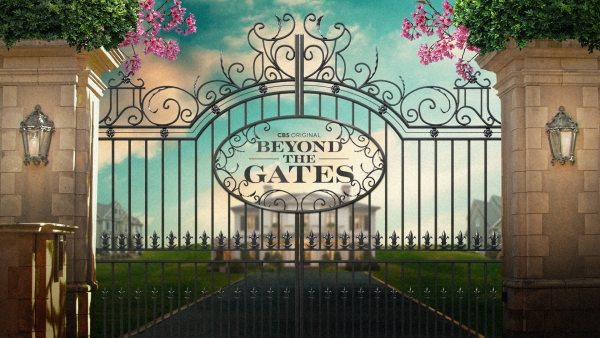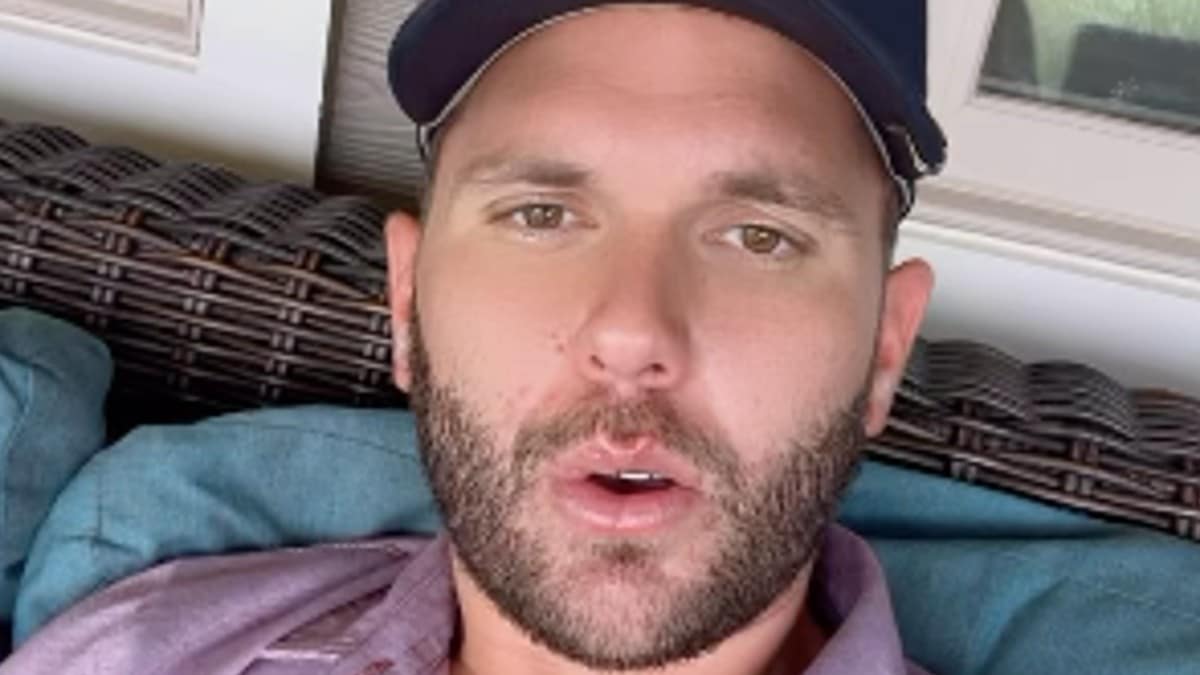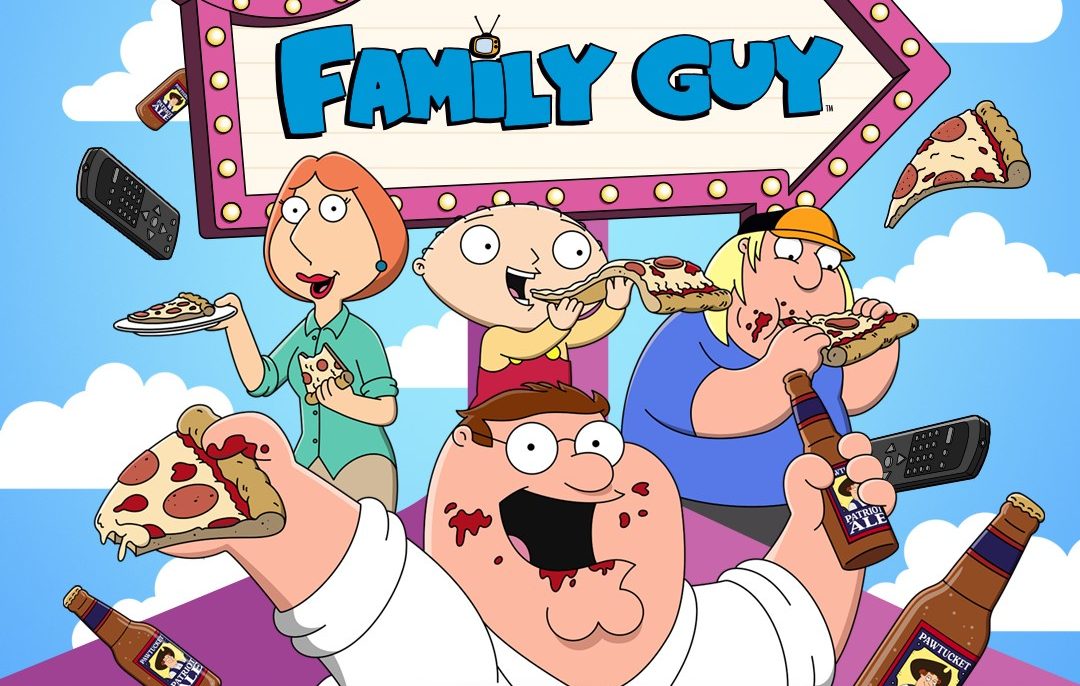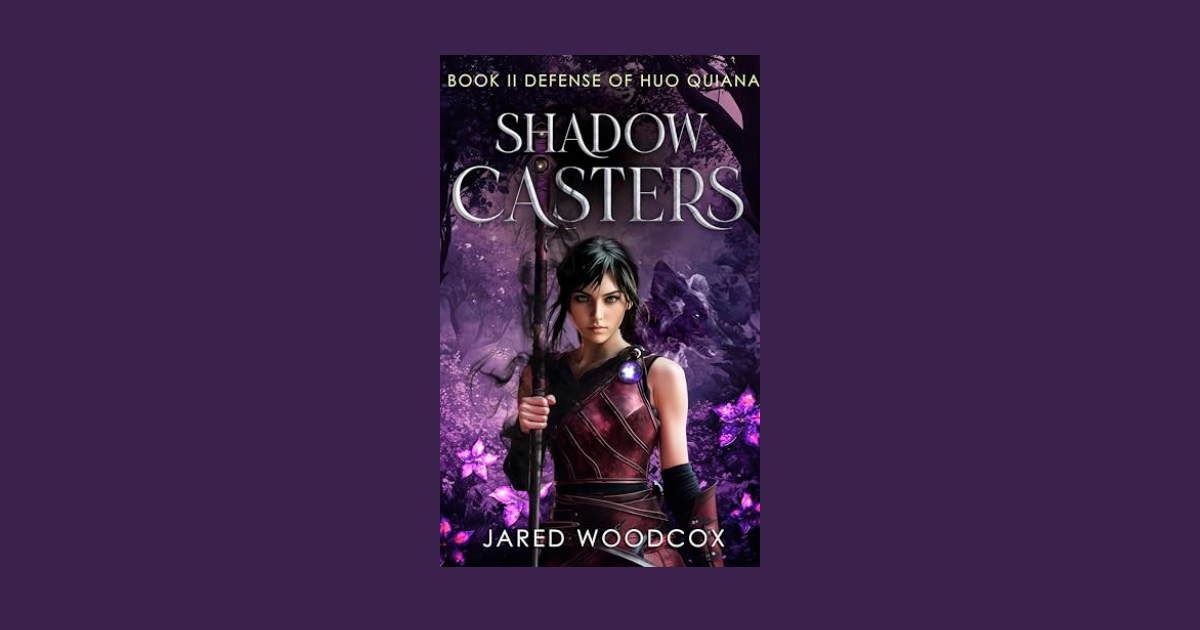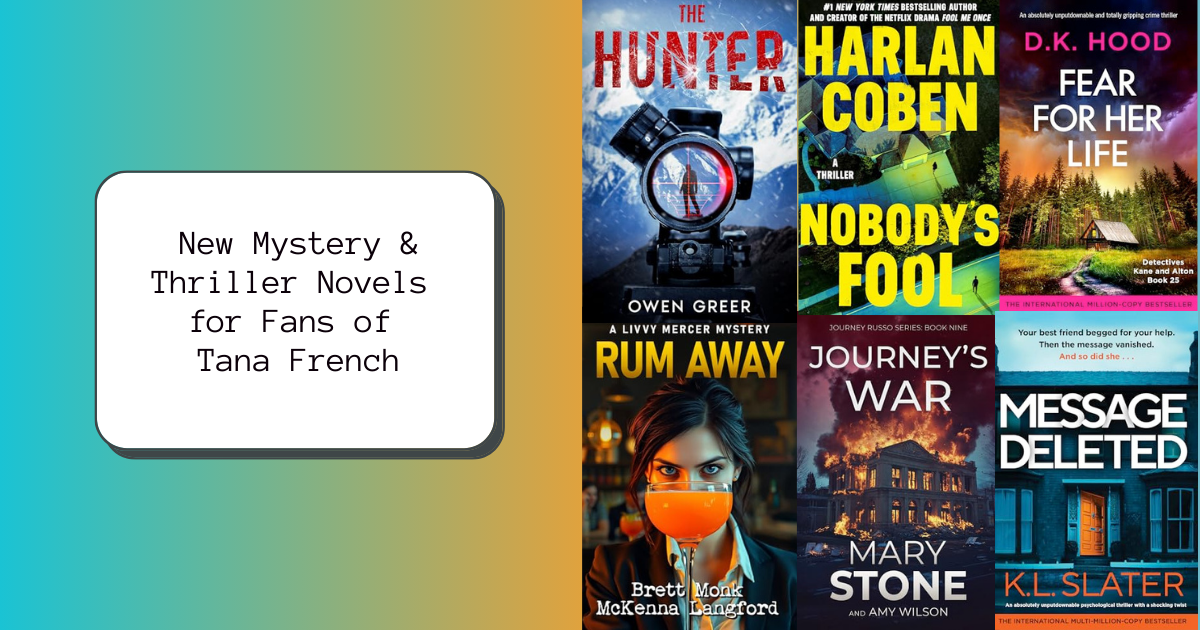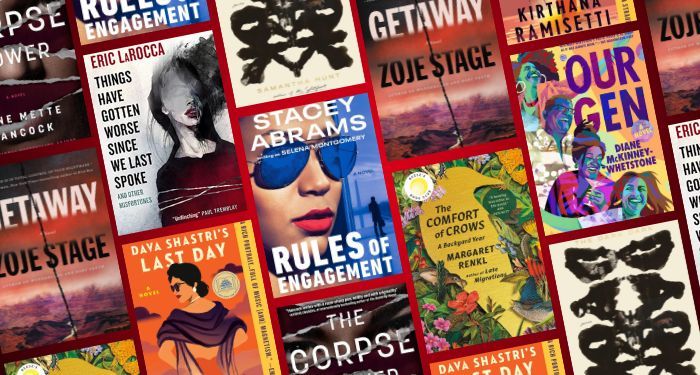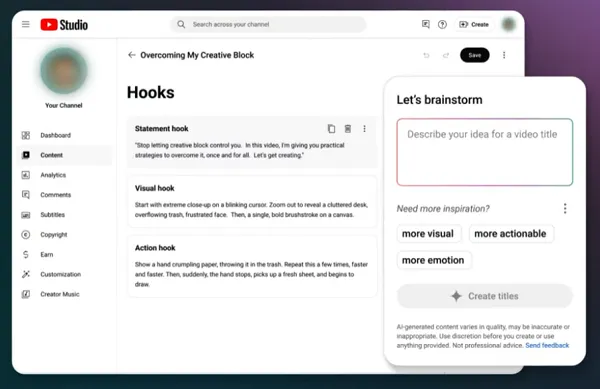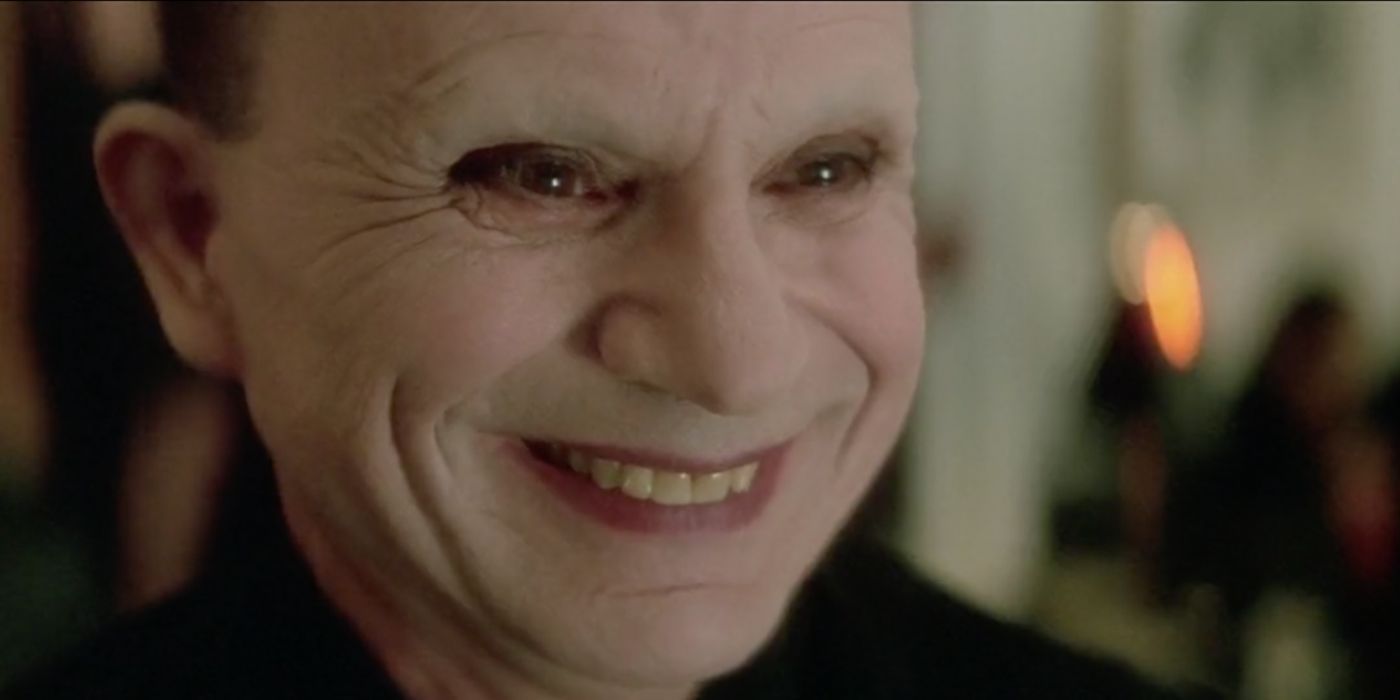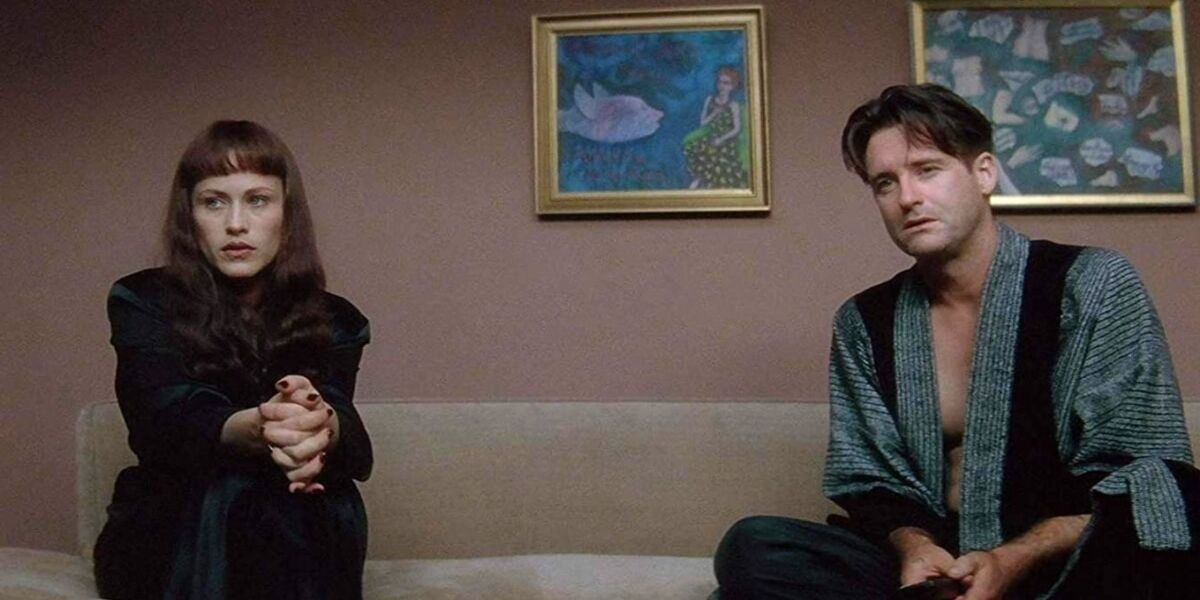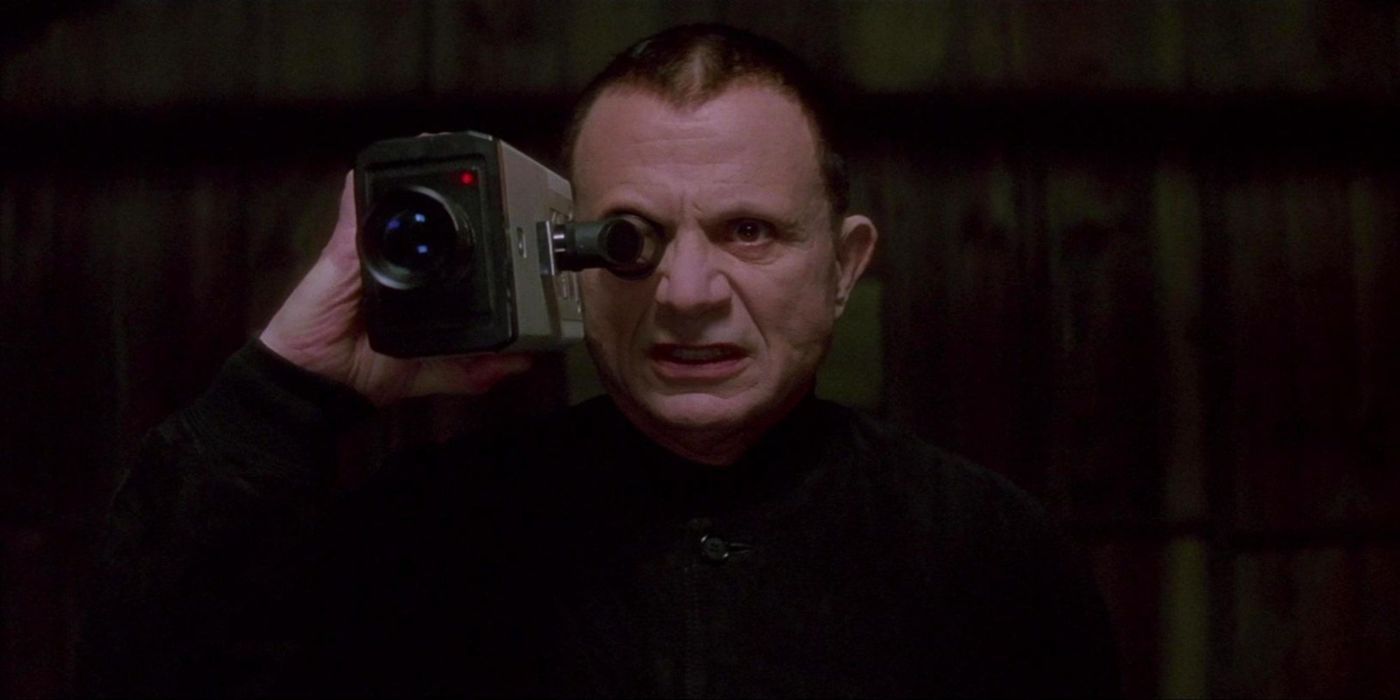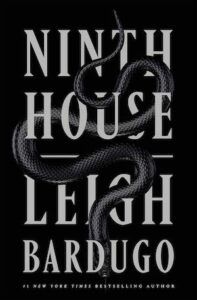The Big Picture
- David Lynch’s film Lost Highway contains a spine-chilling scene featuring the Mystery Man, which successfully emulates the feeling of a nightmare.
- The introduction of the Mystery Man in Lost Highway takes place at a seemingly safe house party, amplifying the unease and dread felt by the audience.
- The Mystery Man character in Lost Highway is played by late actor Robert Blake, who was a prime suspect in the unsolved murder of his own wife, adding an eerie real-life connection to the scene.
David Lynch, one of American cinema’s most legendary directors, has pretty much always dabbled in horror. Ever since his first feature film, Eraserhead, combined an apocalyptic/dystopian setting, a disturbing sense of surrealism, and a finale packed with grotesque body horror, Lynch made it very clear that he was a master of getting under the viewer’s skin. Despite the filmmaker’s incredible capacity to immerse us in nightmares, most of the films that came after Eraserhead can’t be categorized as simple horror, or at least, not so easily. Lynch himself would call his films “dreamlike,” and so, of course, it’s only natural that certain moments of his otherwise not-so-scary films explore the realms of nightmares.
Lynch’s 1997 feature Lost Highway, for example, is more of a neo-noir thriller/murder mystery with some textbook Lynchian dark comedy and surrealism throughout, giving the film its unique edge. Yet, Lost Highway contains one of the creepiest, most spine-chilling scenes in American cinema: The introduction of the Mystery Man. Of course, if asked about what Lynch’s scariest moment likely is, most people would answer with that scene from Mulholland Drive: “The man behind Twinkies’ Diner.” But this pivotal moment that closes Lost Highway’s first act successfully emulates the feeling of a nightmare in every way: the pacing, the acting, the sound design, the concept of the scene itself, and the shocking true crime case that shares a deep connection to the scene and the Mystery Man character… Every aspect of this scene is terrifying, both on the screen and behind the scenes. So, let’s talk about it!
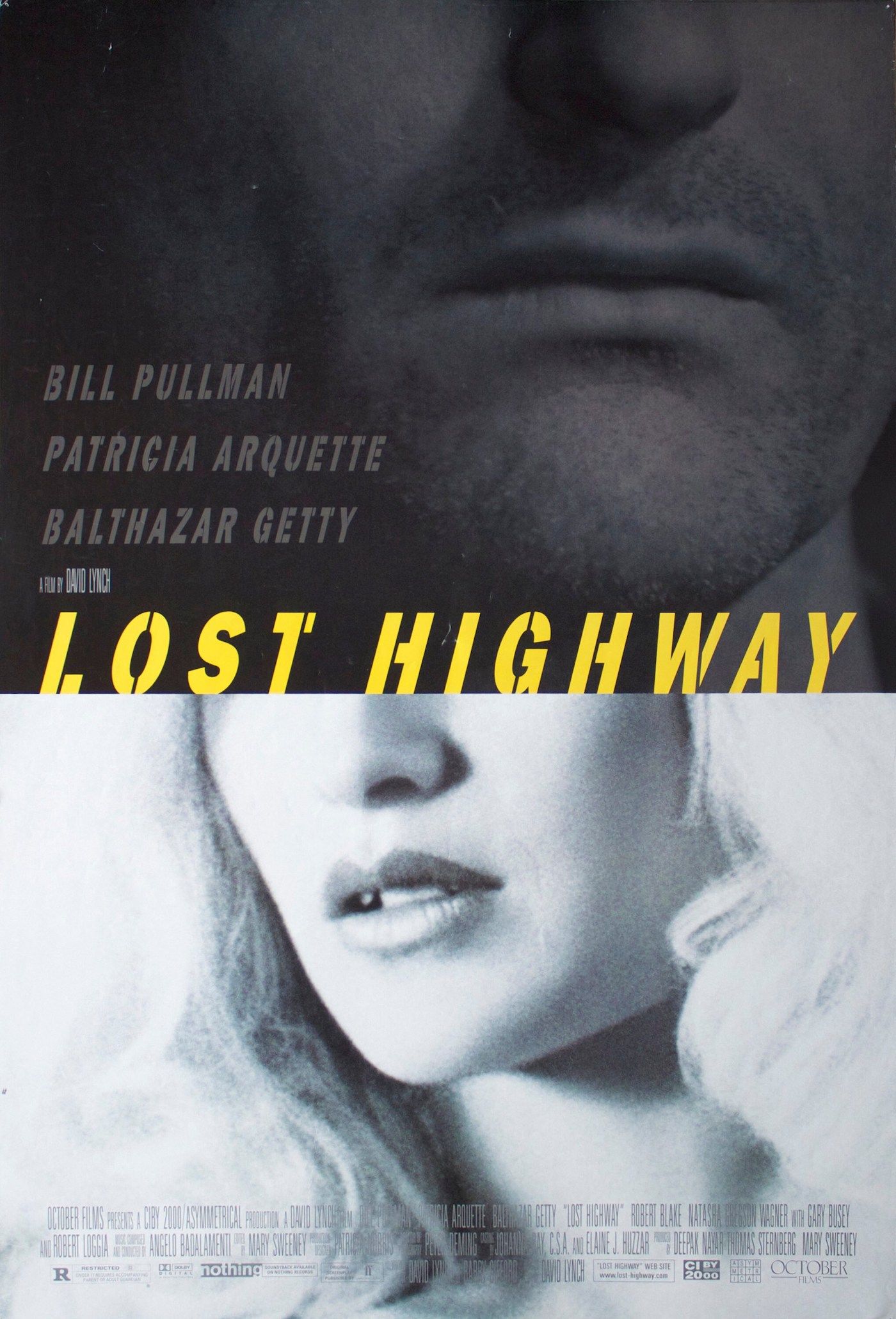
Lost Highway
Anonymous videotapes presage a musician’s murder conviction, and a gangster’s girlfriend leads a mechanic astray.
- Release Date
- January 15, 1997
- Director
- David Lynch
- Cast
- Bill Pullman, Patricia Arquette, John Roselius, Louis Eppolito, Jenna Maetlind, michael massee
- Main Genre
- Drama
- Tagline
- The only certainty is uncertainty.
What Happens in ‘Lost Highway’s Mystery Man Scene?
Lost Highway revolves around a deteriorating relationship: Fred (played by Bill Pullman) is a successful jazz musician, married to the almost inhumanly beautiful Renee (played by Patricia Arquette). Although never directly discussed (after all, this is a Lynch film), it’s heavily implied that Fred fears he’s in some way “not good enough” for his wife, leading him to be paranoid about her faithfulness and untrusting of her male friends. Not long into the film, the couple begins to be stalked and toyed with, as VHS tape recordings of them sleeping in their bed keep showing up on their doorstep each morning.
It’s at this point in the first act that we’re treated to the absolute masterclass of a horror sequence: The formal introduction of the Mystery Man. With a dead police investigation rendering it impossible to identify the couple’s camera-wielding stalker, they try and unwind by attending a party hosted by one of Renee’s male friends, a man that Fred has taken a disliking to. Fred moodily meanders around the party, quietly enraged by the attention that Renee constantly receives from male admirers… Until suddenly, the music of the party dies down, and the people that surround Fred blend into a quiet and foreboding background hum; still there, but appearing as blurry puppets in an otherwise completely empty room. Empty, besides Fred and the strange man who approaches him with a manic smile.
“We’ve met before, haven’t we?” asks the man, the smile of a devilish trickster never leaving his face. “No I don’t think so,” answers Fred, with Bill Pullman masterfully interpreting Fred’s failed attempt to maintain his cool in the face of this man’s creepy, supernatural aura. “We have… At your house” answers the mystery man, smile widening and eyes bulging out of his skull, like a ferocious predator observing his next meal. At this point, the audience already has an idea of who this man is: He’s the stalker, and he’s taunting Fred in front of all of these people, in the middle of a crowded party.
David Lynch Knows How to Make the Audience Full of Dread
If the Mystery Man can walk straight up to someone in a busy, booming place and taunt them about the very serious crimes he’s committed against them… Just how powerful is he? Who is he? Or even worse, what is he? All this confusion instills the viewer with a strong sense of dread, and Lynch’s decision to set the scene in the unthreatening, safe space of a house party is a masterful way of pulling the rug out from under viewers and amplifying the unease provoked by the Mystery Man’s aura. This unease quickly turns to dread, however, as the Mystery Man proceeds to pull out a phone and instruct Fred to call his own home… Fred begrudgingly accepts, calling his home to have it answered by the very man standing in front of him, still smiling maniacally at Fred as his disembodied voice taunts him through the telephone. Suddenly, both the Man on the phone and the Mystery Man in the flesh burst out in a maniacal laughter so spine-chilling, so evil, that it can very easily be added to a list of most evil laughs in cinema history.
Before Fred can react as he stands there shocked, the Mystery Man nonchalantly bids him farewell and leaves. The music continues as if someone dropped a coin in the jukebox, and suddenly, the party surrounding Fred springs back to life. The terrifying encounter is over, and both Fred and the audience are left feeling the same way: Utterly confused and deeply disturbed. The threat of the moment is very quickly paid off as well, as the scene is almost immediately followed by a brutal murder, ending Act 1 of the film on a terrifying climax.
The Terrifying Meaning of ‘Lost Highway’s Mystery Man Scene
This Lost Highway scene is more than frightening enough upon first viewing when we’re barely 30 minutes into the film and have very little context to understand what is happening. But the moment is made all the more terrifying once the film ends and the viewer connects all the dots as to what everything means. It goes without saying, but major spoilers for Lost Highway ahead. (Skip straight to the next segment if you simply want to read about the true crime case connected to the Mystery Man character.)
Like with most Lynch films, the film is non-linear, has no direct explanation of its noir mystery, and is told by an unreliable narrator through a thick lens of surrealism, and yet, the true meaning of Lost Highway becomes quite clear in the end: The Mystery Man is just a part of Fred’s psyche, which is actively disassociating and compartmentalizing all of his feelings among the multiple characters we meet throughout the film, most of which are psychoanalytical reflections of Fred’s mind and personality. Fred murders Renee out of jealousy, paranoia, and insecurity, and his broken mind creates the Mystery Man to externalize all the violence and vitriol Fred has for his wife. This realization makes the Mystery Man’s introduction scene all the more terrifying, as we can interpret the literal meaning behind this scene.
The party is a place that amplifies Fred’s insecurities to their highest peak, as it’s hosted by the masculine, handsome friend of Renee whom Fred is incredibly jealous of and insecure towards. At this lowest point for Fred’s mind where he spirals into paranoid thoughts about his wife, the Mystery Man arrives, claiming to be inside Fred’s house. Shortly after, Renee is brutally dismembered and killed — a passionate murder defined by strong emotions toward the victim. It’s quite clear: This scene is likely the compartmentalized imaginings of Fred in the moments immediately prior to or even during his wife’s murder. Fred is justifying himself and his crime, shifting the blame onto a literal monster, a supernatural force of nature who just so happens to relieve him of the “pain” that his wife’s beauty and the attention of the pesky men it brings causes him. The Mystery Man represents Fred’s predatory, murderous intentions towards his wife… And that just makes the true crime case associated with this character all the more terrifying.
The Real-Life Murder of Robert Blake’s Wife Is Still Unsolved
The Mystery Man is played by late actor Robert Blake, best known for his roles as a child star during the 40s and 50s. Blake played the role of the Mystery Man brilliantly — his cold, predator-like eyes, his porcelain-white skin, his maniacal smile, and his capacity to produce the most evil of evil laughs make his character a complete force of nature. It’s likely that few actors would have been able to bring so much horror to a scene that, at the end of the day, comes down to a simple, creepy conversation. But Blake’s presence in this sinister role is made all the more nefarious with the knowledge that this was the actor’s last film, as his very own wife was murdered shortly after.
A report from PBS on Robert Blake’s death tells all: On May 4th, 2001, Blake took his wife, Bonny Lee Bakley, out to dinner. After the meal, Blake left his wife in a parked car just around the corner from where they ate to go and get something, and at some point during this brief instance, someone walked up and shot Bonny at point-blank range, killing her. The murder was never solved, but Robert Blake was the prime suspect from the first moments of the investigation and still remains a prime suspect today after his death earlier this year. The case is a controversial matter, and there are many different takes as to what went down that faithful night… But Blake has some defenders: Quentin Tarantino dedicated his book adaptation of Once Upon A Time In Holywood to Blake, a book (and film) that contains a character who works in the movie business and is accused of murdering his wife but is never charged (Cliff Booth).
We will never really know who murdered Bonny Lee Bakley, but Robert Blake’s connection to a real-life homicide is a shocking and sinister coincidence, seeing as his last role before the event was that of a cosmic entity representing spousal homicide. Alas, the Mystery Man is a terrifying character with a terrifying introduction, a haunting performance from the actor who plays him, and even some unsettling behind-the-scenes trivia to boot. That’s why this scene is one of Lynch’s most iconic, as well as being one of the creepiest scenes in non-horror cinema.
Lost Highway is available to stream in the U.S. on the Criterion Channel.











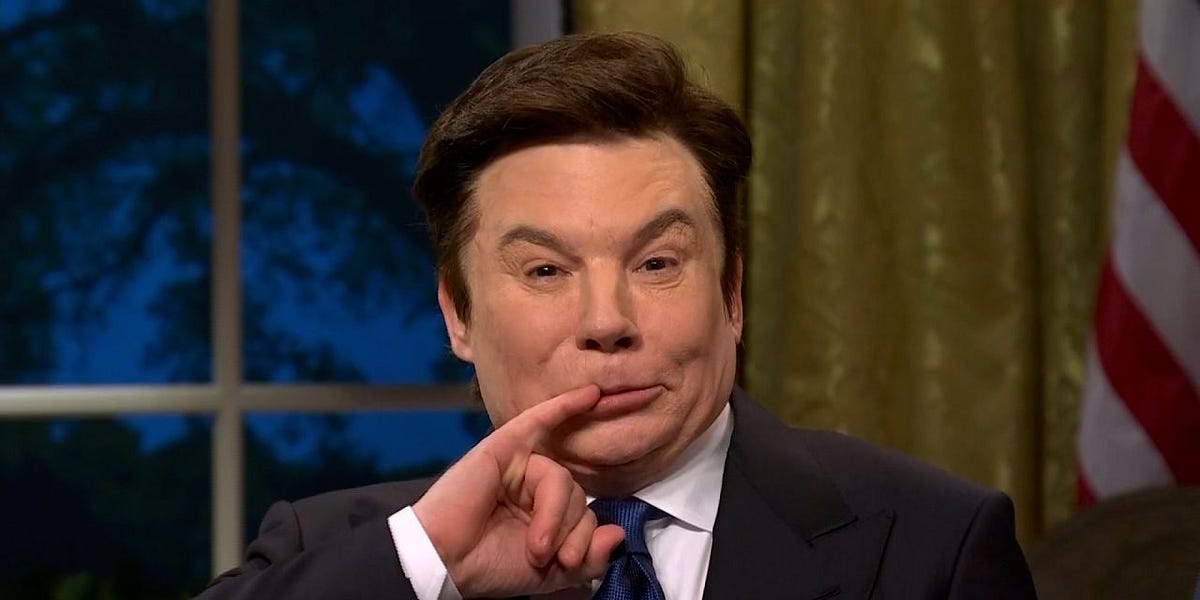
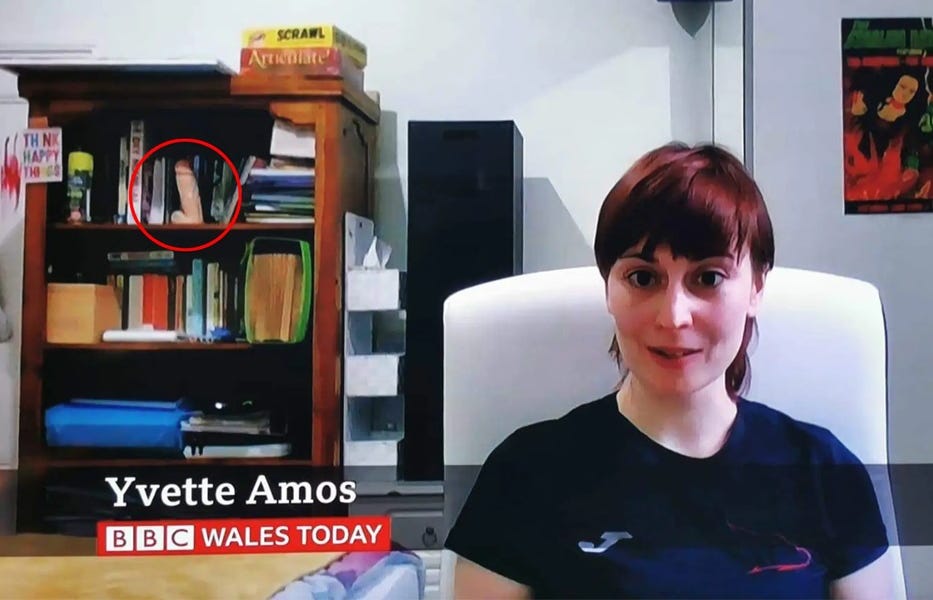


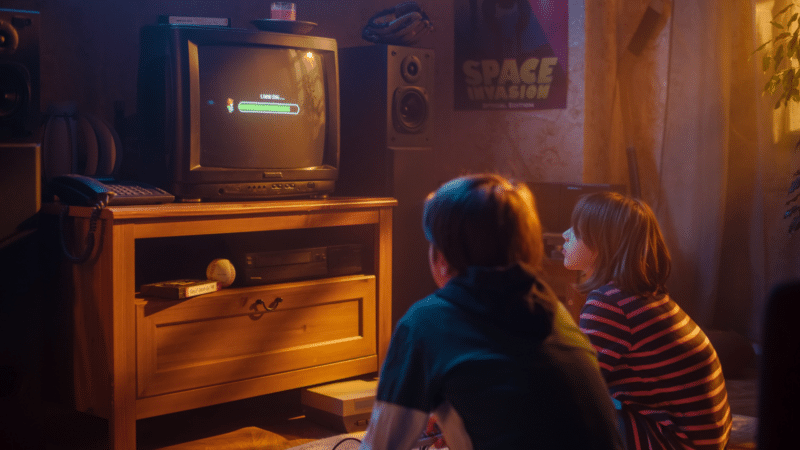






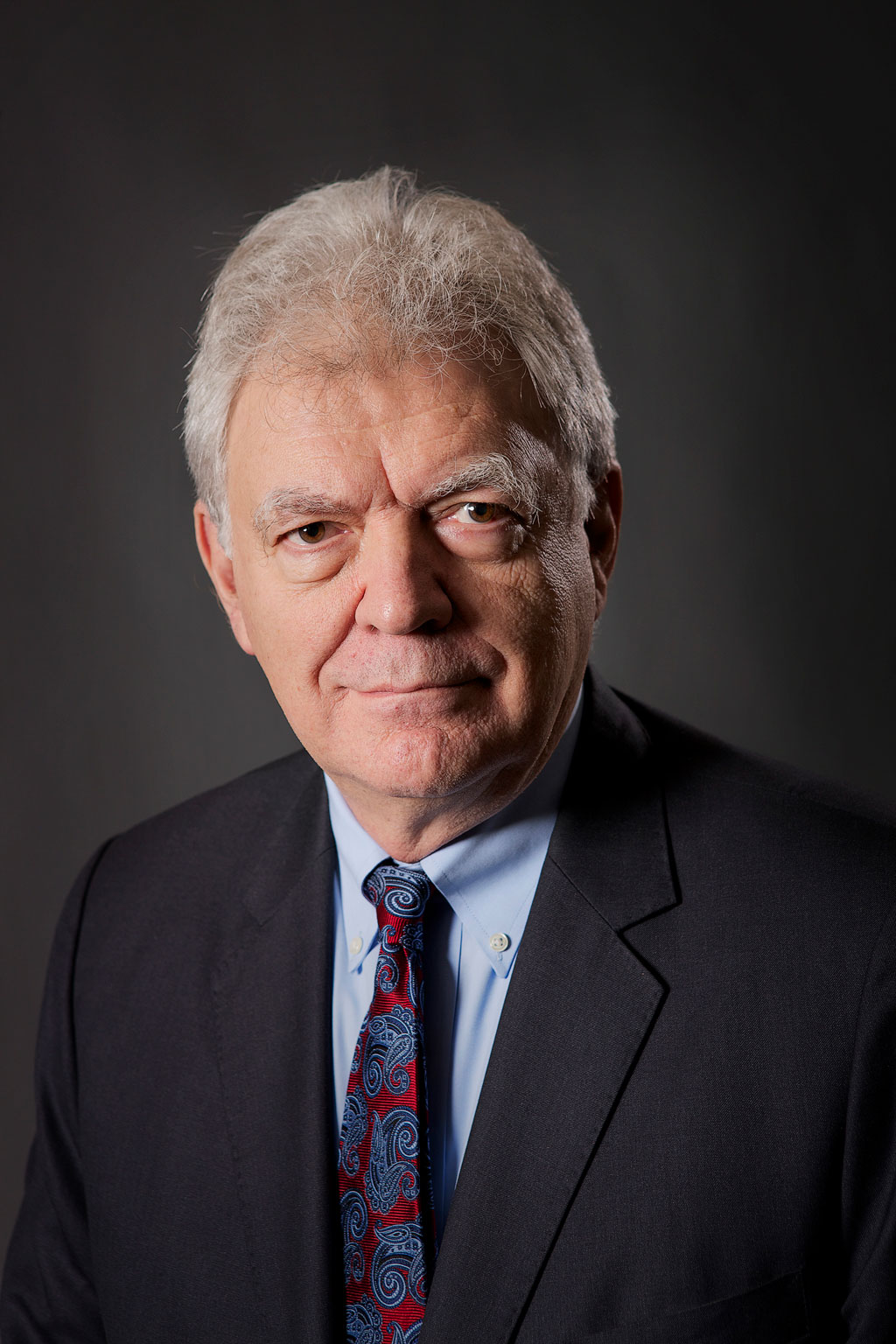


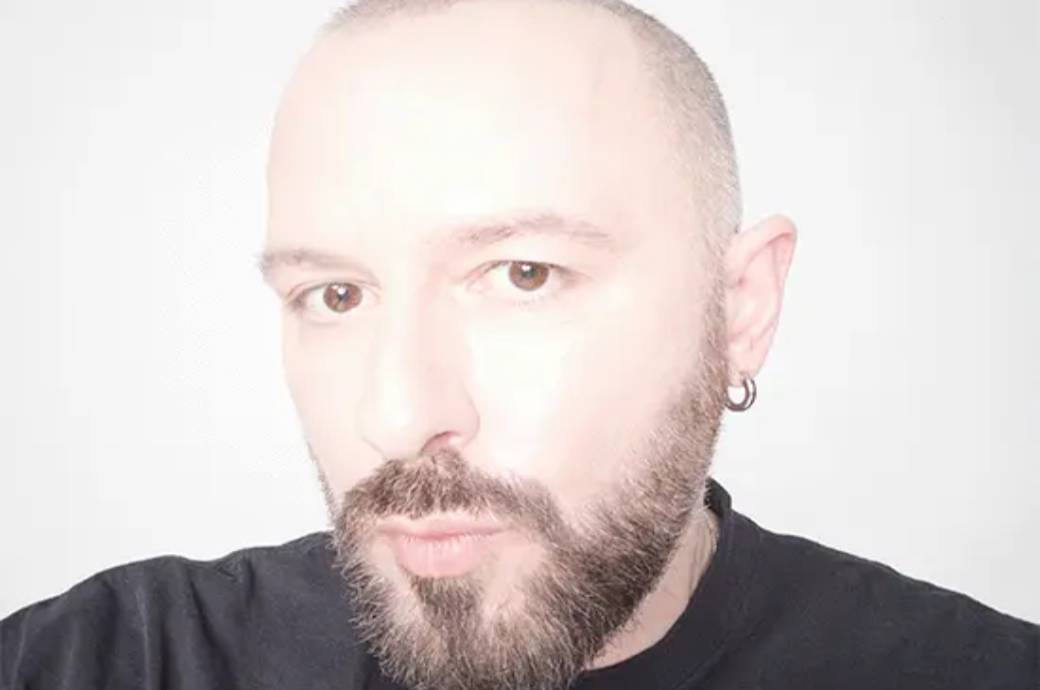



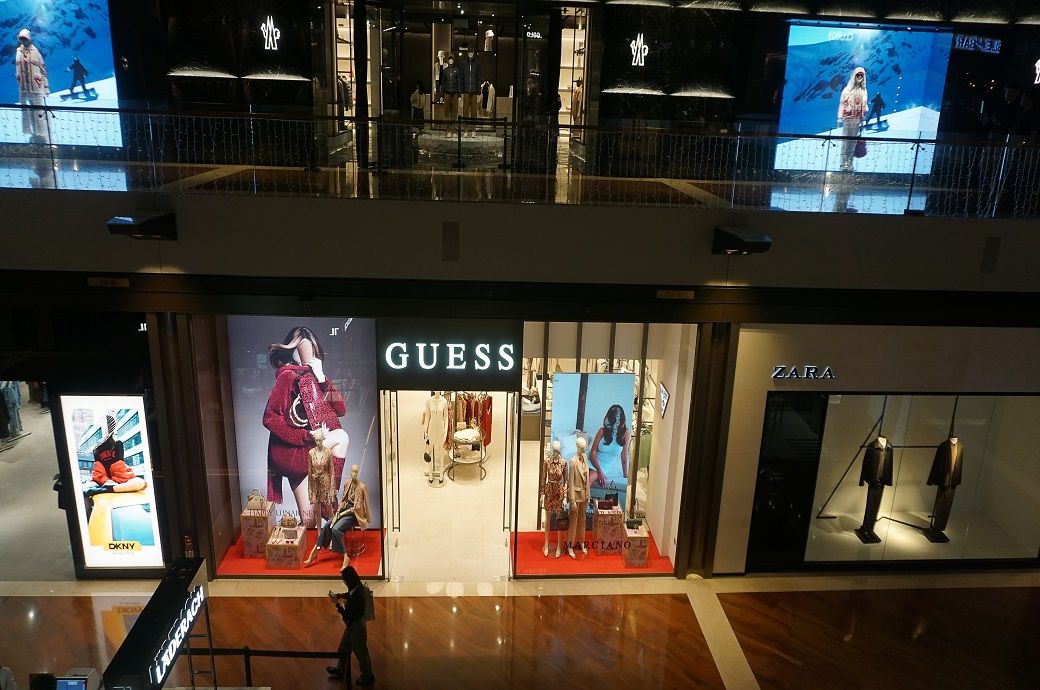
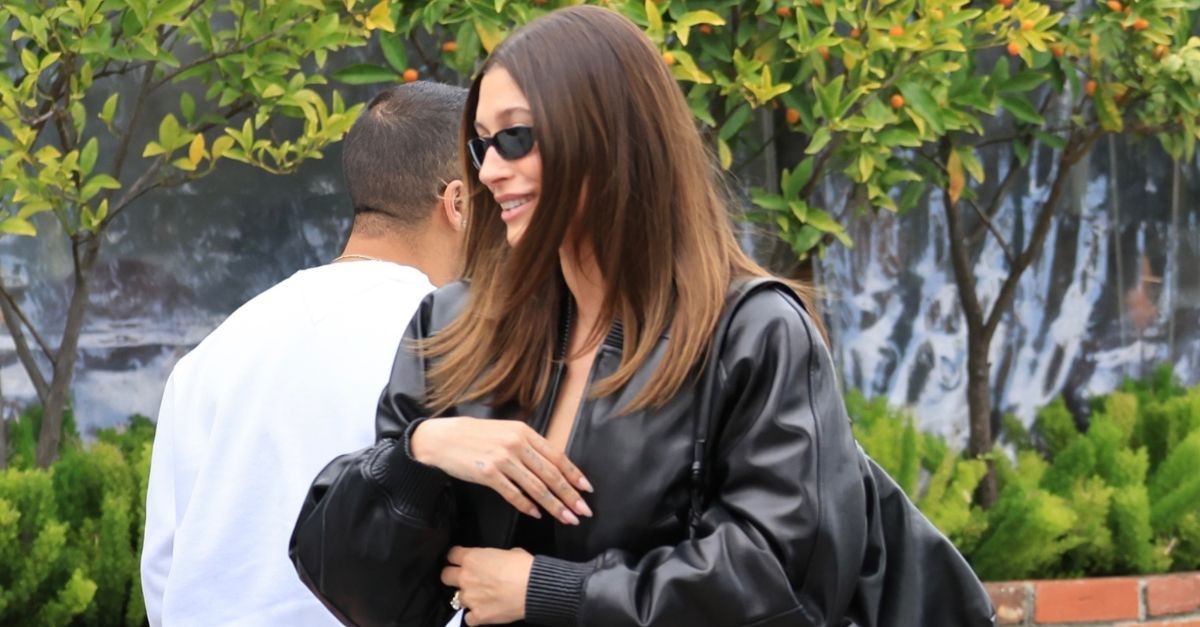






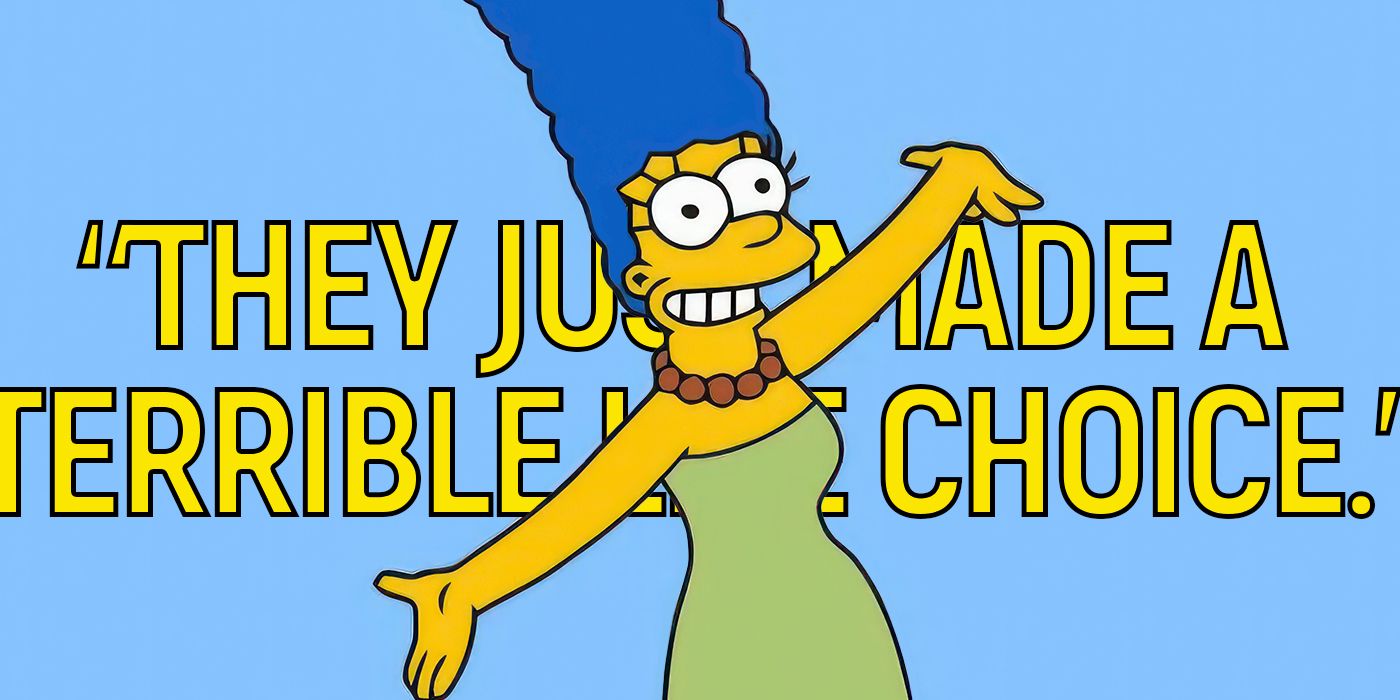


![Spider-Man Is Back in Black With the Green Goblin in New Funko Pop! Figures [Exclusive] Spider-Man Is Back in Black With the Green Goblin in New Funko Pop! Figures [Exclusive]](https://static1.colliderimages.com/wordpress/wp-content/uploads/2025/03/spider-man-the-animated-series-green-goblin.jpg)


